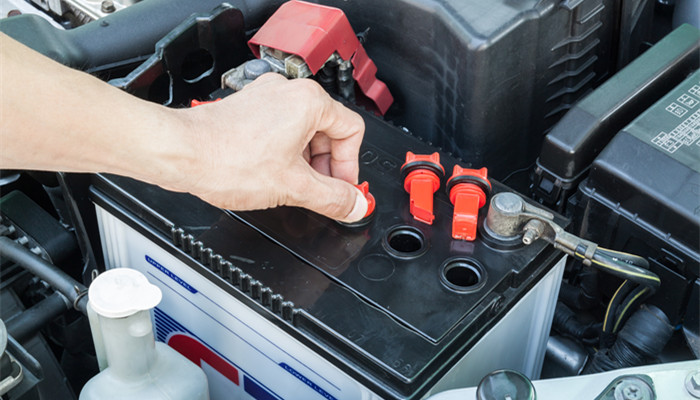
The new energy automobile industry is growing rapidly and the thionyl chloride industry is developing well
Thionyl chloride is an important organic chemical intermediate. Its molecular formula is SOCl₂. Its appearance and properties are colorless to light yellow liquid with a strong irritating odor. Thionyl chloride is mainly used to manufacture acid chlorides, and is also used in the production of pesticides, medicines, dyes, etc., and can also be used in the production of organic solvents.
According to the “2022-2026 Global Thionyl Chloride Industry In-depth Market Research and Key Area Research Report released by the Industrial Research Center , globally, thionyl chloride production capacity is mainly concentrated in countries and regions such as China, India, and Europe. The above regions are also the main global consumer markets for thionyl chloride. In 2022, the global thionyl chloride market size will be close to 1.7 billion yuan.
Judging from the current situation of global sulfoxide chloride, the supply of sulfoxide chloride is mainly domestic, showing a super situation. Only LANXESS, SF-chem, and Transpek have some overseas production capacity, and foreign production accounts for a relatively small share of the world. The leader in the domestic thionyl chloride industry is Kaisheng New Materials, which is the only domestic company with a production capacity of over 100,000 tons. The other companies have a production capacity of less than 50,000 tons. Listed companies include a number of well-known companies such as Shilong Industrial, Jinhe Industrial, and Lee & Man Industrial. enterprise.
In recent years, the lithium battery field has become the main incremental market for sulfoxide chloride. Thionyl chloride can be used to produce lithium bisfluorosulfonimide LiFSI. Lithium bisfluorosulfonimide LiFSI is a new type of electrolyte solute lithium salt. Compared with the previous LiPF6, it has far stronger physical properties than the latter: higher Thermal stability, better conductivity, and better thermodynamic stability. LiFSI makes up for the shortcomings of LiPF6, thereby enabling lithium batteries to have stronger performance, and has been successfully used in lithium battery products of BYD, CATL and other companies.
In addition to being used in the new energy vehicle industry, new lithium-thionyl chloride (Li/SOCl2) batteries have also been widely used. The positive electrode material is composed of carbon film, the negative electrode is composed of metallic lithium, and the electrolyte is thionyl chloride. Lithium thionyl chloride batteries have the advantages of small current and long storage life, and can be widely used in ETC toll collection, smart meters (electricity meters), automotive TPMS systems, and remote monitoring systems.
Industry analysts said that the application of sulfoxide chloride in the lithium battery industry has very high technical barriers. Downstream users have very high requirements for the voltage stability of products, and it generally takes 3-6 years to enter the supply chain of downstream lithium battery companies. With the rapid development of China’s new energy automobile industry, the demand for sulfoxide chloride in the lithium battery field will continue to grow, and the development prospects of the sulfoxide chloride industry are broad.

 微信扫一扫打赏
微信扫一扫打赏

